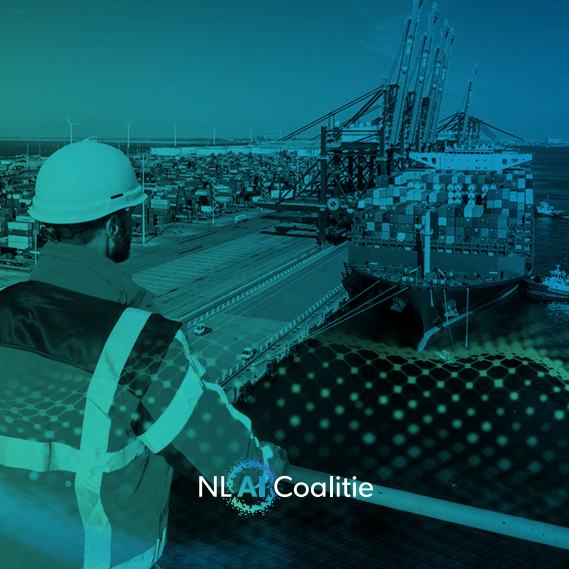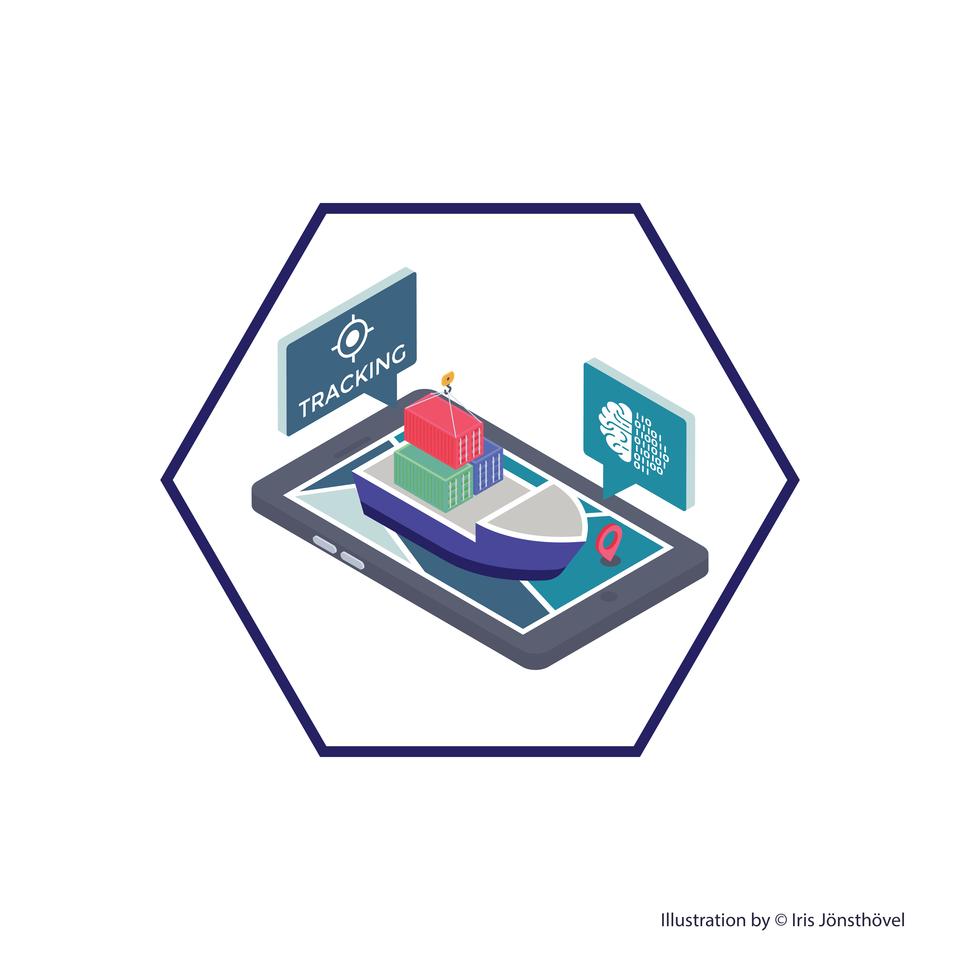AI for Port and Maritime
With increasing digitalisation, the port and maritime sector is undergoing rapid changes. Artificial Intelligence (AI) will play an important role in this development. Concrete applications of AI within this sector include the optimisation of logistic processes, production processes and other planning processes, enabling (semi-)autonomous transport over water land and turning the port into a system in which many parties interact. To make ports future-proof, we need to search for answers to unanswered questions in AI and translate the latest insights into the port and maritime domain.
Fundamental questions
The amount of available data has increased enormously, and many AI technologies have proven themselves in the past decade. However, there are still many questions that need to be answered on a fundamental level before these technologies can be applied.
For example, machine learning can process large amounts of data, but how can machines extract the right information to make the right decision? How can you use planning and search to choose the optimal planning from large amounts of data and options? How can we improve algorithms for perception, learning and reasoning so that ships can sail autonomously? How can we design multi-agent technologies to optimise complex ecosystems such as the Rotterdam Port industrial complex? And what are the ethical, legal and social preconditions for the development and application of AI in the port and maritime domain? For example, traffic rules are made for humans, and it is not yet entirely clear whether they work in traffic that is highly autonomous.
Application areas
The (potential) applications of these technologies are numerous. For example, in the Smart transport & shipping domain, research is being done into whether these technologies can improve the interaction between locks and terminal operators, and whether they can make trucks to drive efficiently through the port area. Smart port logistics involves the development of smart systems that can track exactly where a container is going. Asset management uses data to work on predictive maintenance: making predictions about the maintenance of machines and infrastructure so that planning can be improved. And in Smart Manufacturing, AI can be used to improve the design of port equipment, as well as to control manufacturing processes and to minimise energy consumption, for example.
Related articles
Read more about this theme:
Heading for AI
The Port & Maritime working group of the Dutch AI Coalition (NL AIC) reseleased a position paper 'Koersen op AI' (Heading for AI) on 10 June 2021. In this paper, the maritime ambitions in the field of AI are outlined. Researchers from TU Delft have actively contributed to this joint agenda thourgh the core group.









